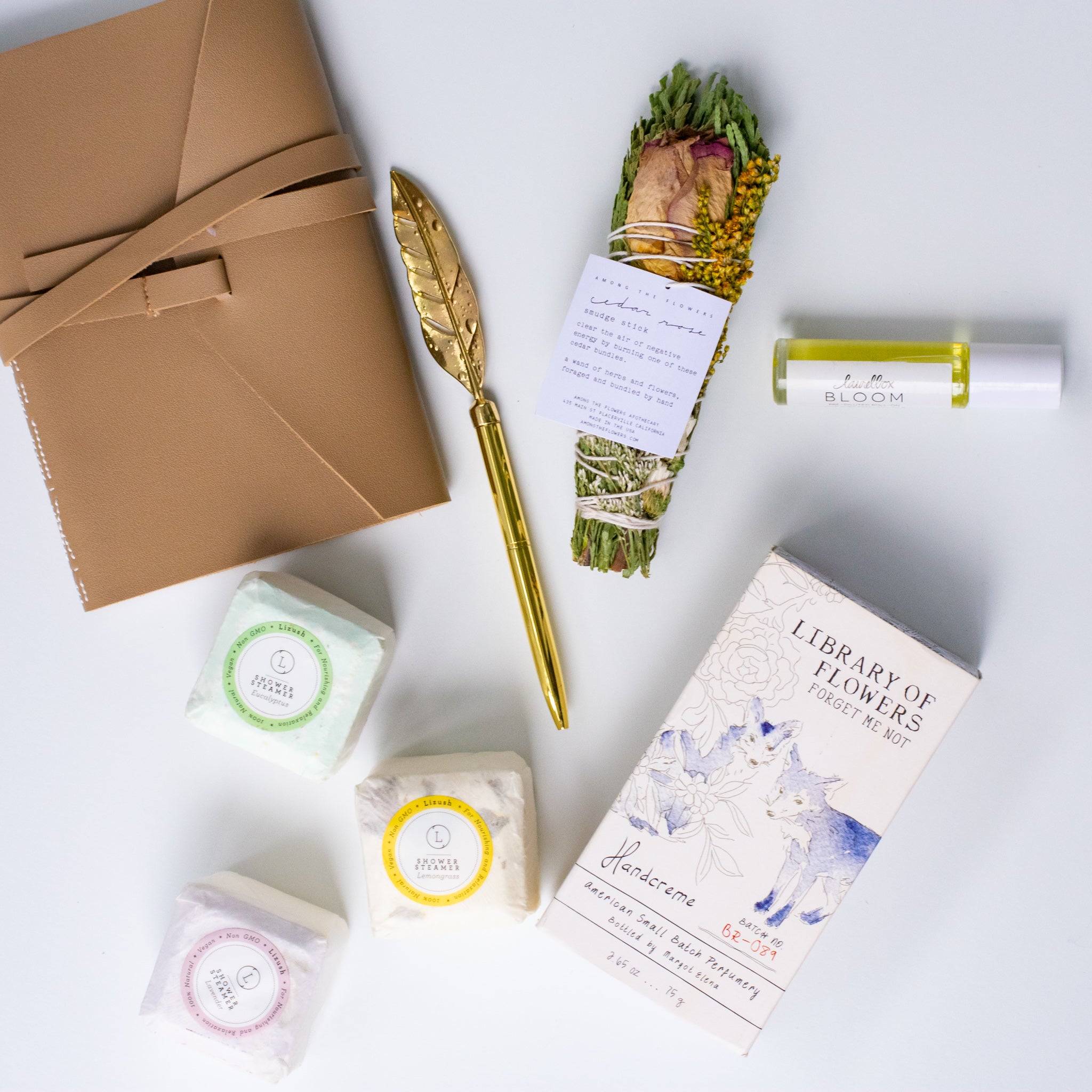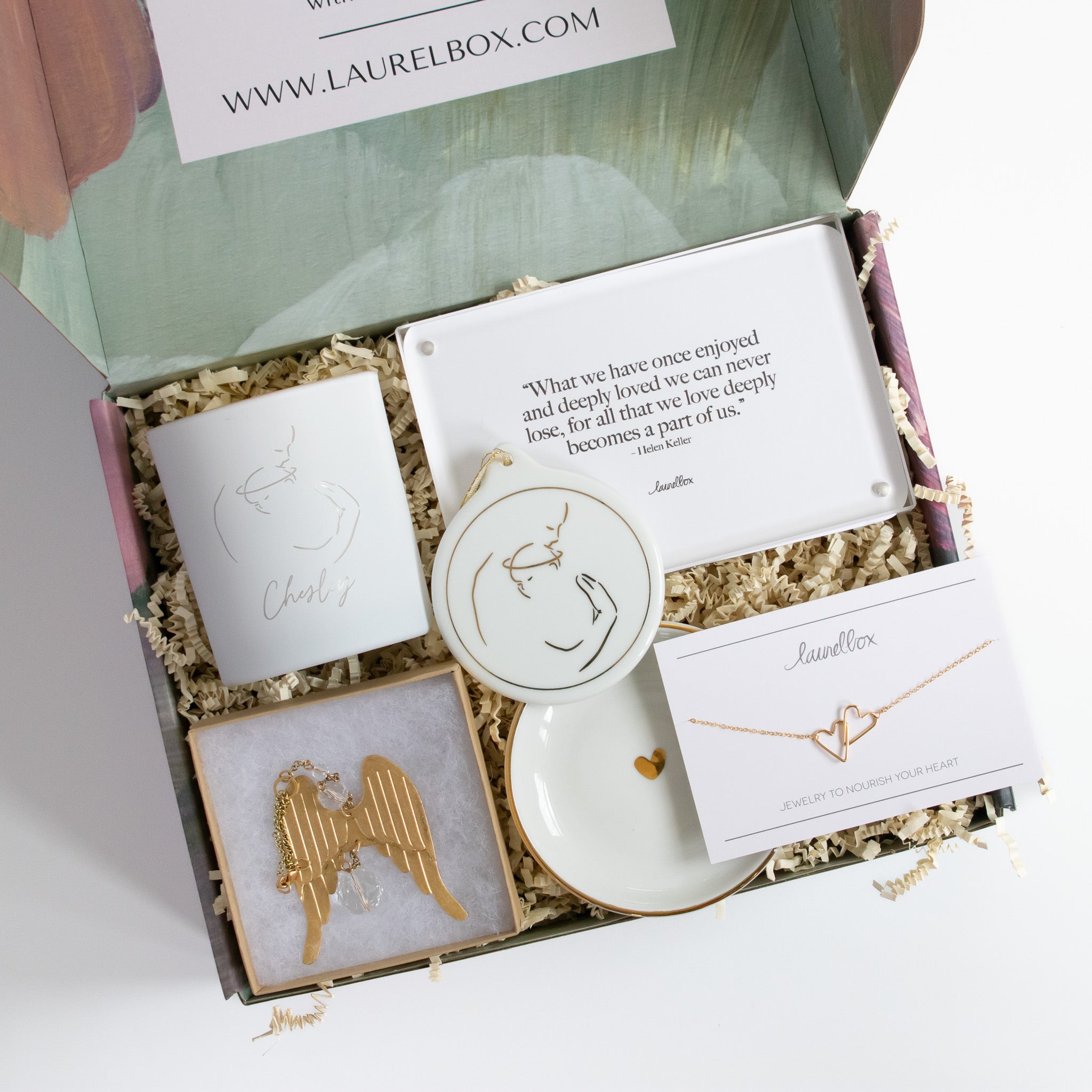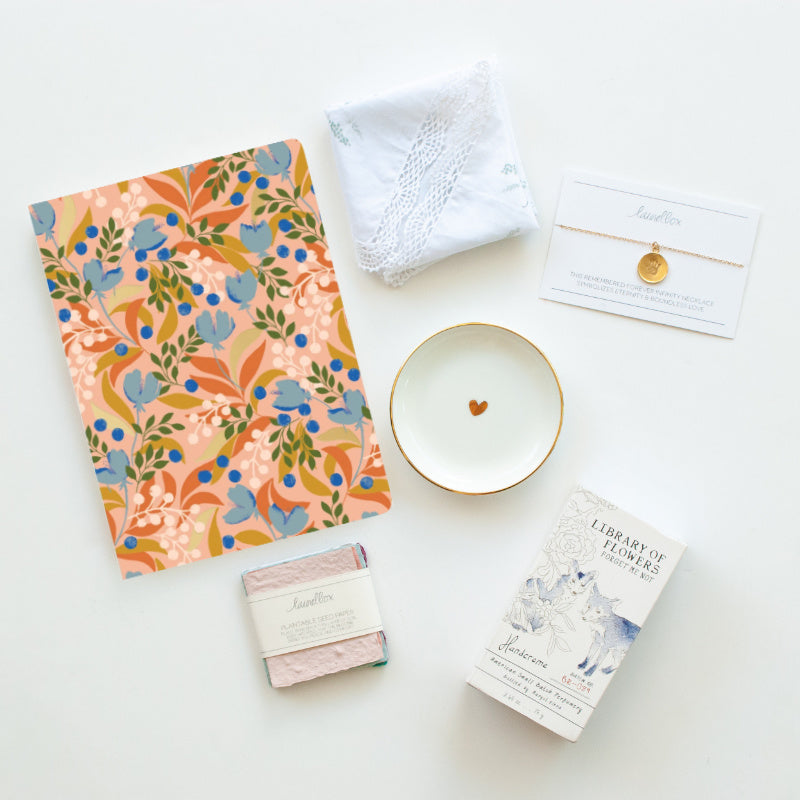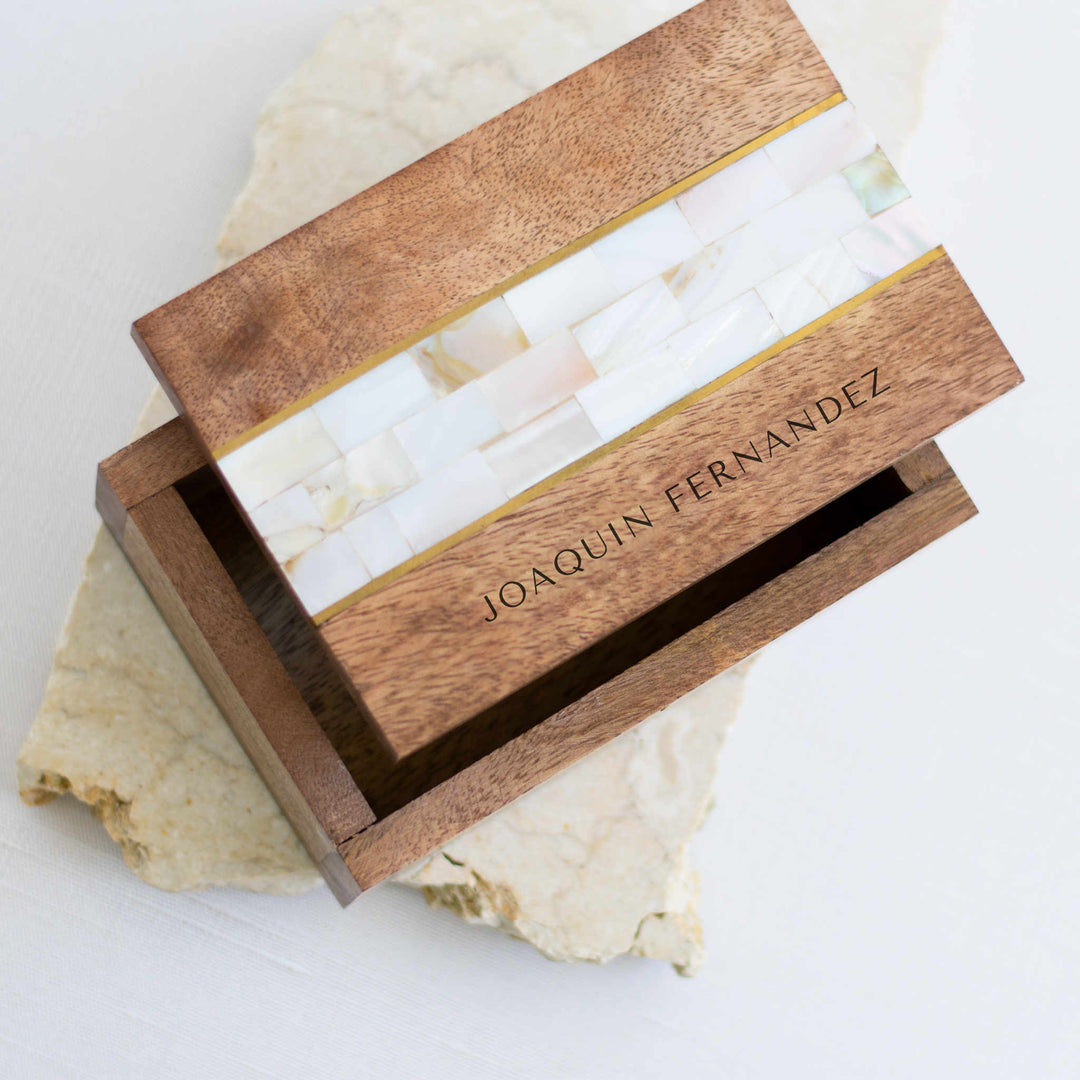Finding Gratitude in Grief
As a person who works full time in the grief space, I am super comfortable talking and thinking about grief. For almost six years now, I’ve been thinking and talking about grief on a public platform in intentional type of ways. Grief doesn’t make me uncomfortable. I rarely shy away from talking about the hard stuff. I normally know what to say and when I don’t, I know how to apologize and own up to my own shortcomings in supporting a friend.
When it comes to grief, I’m your girl… unless, that is, you want to talk about the intersection of grief and gratitude. Since the very start of laurelbox, I’ve always struggled to give advice when it comes to finding gratitude in grief. I distinctly remember hot rage welling up inside my soul when someone close to me informed me flippantly – “Be grateful for this loss, Johanna! One day you will be able to use your story of grief to help other people.” And while that actually did end up being true, it was one of the worst timed and worst intentioned things I heard.
Even though I don’t really know what my friend intended with the statement, the message I heard felt loud and clear – ”Do not take time to grieve. Do not sit with the pain of this. Do not complain. Be grateful for the bad. Do not dwell on what hurts.” It made me insanely mad, and its normal to be angry. In that moment of my life, I was sure there was nothing to be grateful for. Hearing someone tell me to find gratitude when I could barely put one foot in front of another felt insulting and insensitive.
Now here, years removed from that conversation, I can actually say I’ve found gratitude for some of my grief. I can’t say I’m grateful for every piece of it (I still can’t bring myself to be grateful for that!), but going through a series of losses put me on a path to become more open hearted, more others centered, and more steadfast.
I remember writing this, a few years into my healing process, and looking back on it, I think it holds some of the keys to understanding the intersection of grief and gratitude.
But as is true for any soul crushing, it follows you. After time, I opened up and became brave enough to look at the crushing. Where I once said "I'm not allowed to be happy," I am now saying "my brokenness makes me beautiful."
I remember in the middle of my lowest moments, I couldn't attribute meaning and purpose to the pain. But when I looked at others who could embrace their messy story, it gave me hope that maybe one day I could too. And I honestly never thought I'd find the day where I could find gratitude for my storm. It wasn't fast. It wasn't pretty. But here, two years later, I've found some beauty in the ugly. And I'm finding myself surprised at the sweet strange taste of gratitude.
For a long, long time, I didn’t want to reflect frequently on what I had gone through. It was all really intense, and I often needed to take breaks from the process of healing. When I took these “breaks from healing,” I did everything I could not to think about my loss. I dove into a new hobby and spent a lot of time with friends, anything to avoid feeling all the intensity of the loss. But, after a while, some of the initial trauma wore off, and I felt safer in reflecting on the loss. Intentional reflection helped me process and make sense of it all.
It wasn’t until I could get to this important step of reflection that I was able to start to reframe some of my narratives about it. It was here that I began to find more trust in the belief in the idea that my broken life could still hold beauty. That maybe someday I would be able to feel whole again. That maybe, against what felt like all odds, I may actually find gratitude again.
So friend, if this is you now, feeling so unsure that you will ever feel gratitude again, I just want to encourage you to give yourself time. This is not a process that can be rushed. One of the most important things I’ve learned about grief in the last six years is to give yourself space, time, and grace. Dealing with trauma from grief is something that is very rarely helped by catchy articles on the internet or step by step action plans on how to heal. Intense moments of the heart don’t really work like that. You find healing through community, through personal stories, and through lived experience.
So perhaps, after all, I’m actually still not a writer who is going to talk much about the intersection of gratitude and grief. But hopefully, in some small way, my own story can give you a moment of peace in your process.







